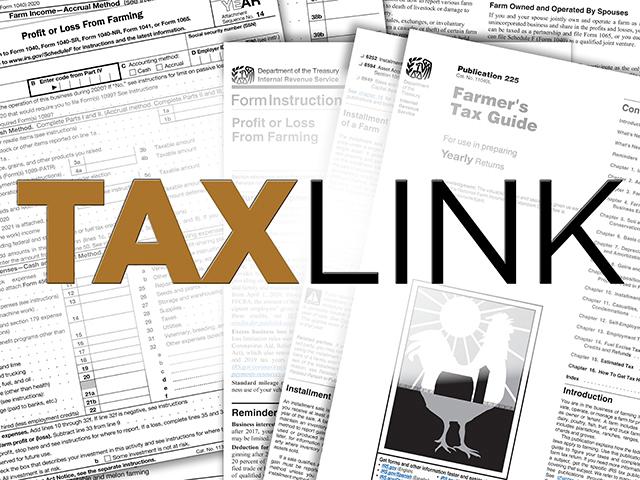Taxlink
Criteria Clarified if Farm Is a Business or Hobby
Back in May, the U.S. Tax Court ruled that a farming operation that showed $14 million in revenue over 16 years was a hobby and disallowed certain expenses. This got me thinking about hobby loss rules. It's been awhile since we discussed a farming business versus a hobby, so I thought it might be good to revisit.
I won't go into too much detail -- the case is complex, and the ruling is long. Basically, the taxpayer lost millions in the farming operation but made millions selling the real estate. The taxpayer looked at this as one unified business. The IRS went through the hobby loss analysis and viewed the farm separate from the real estate business, and determined the farm was a hobby.
I think the takeaway is that no matter how much gross revenue a farm generates, if it consistently loses money, you run the risk of being classified as a hobby. In some farm subindustries (ranching and horse operations, for instance), the risk is greater than in others.
When determining if a farm is a business or a hobby, you need to look at the profit motive. The rule of thumb is a farm must generate a profit in three of five years (two of seven years for horse breeders). If it does not, the IRS is allowed to look at the farm in greater detail to determine if there was a profit motive or if it was, in fact, a hobby.
Treasury regulations provide a list of nine factors that should be considered when determining if there was a profit motive:
1. The manner in which the taxpayer carries on the activity
P[L1] D[0x0] M[300x250] OOP[F] ADUNIT[] T[]
2. The expertise of the taxpayer or the taxpayer's advisers
3. The time and effort expended by the taxpayer in carrying on the activity
4. The expectation that assets used in the activity may appreciate in value
5. The success of the taxpayer in carrying on other similar activities
6. The taxpayer's history of income or loss with respect to the activity
7. The amount of occasional profits, if any
8. The financial status of the taxpayer
9. Whether elements of personal pleasure or recreation are involved
When determining if an activity has a profit motive, the IRS will take into account all the facts and circumstances. The burden of proof to show there was a profit motive is on the taxpayer. As such, it is imperative the taxpayer supports his claim of a profit motive with good records.
Just a word of caution: If deemed a hobby, back taxes associated with the disallowed expenses (plus interest and penalties) could be devastating. If you don't have a profit motive, it might be better not to deduct expenses rather than deal with the consequences.
**
DTN Tax Columnist Rod Mauszycki, J.D., MBT, is a tax principal with CLA (CliftonLarsonAllen) in Minneapolis, Minnesota. Read Rod's "Ask the Taxman" column at https://www.dtnpf.com/…. You may email Rod at taxman@dtn.com.
(c) Copyright 2024 DTN, LLC. All rights reserved.



